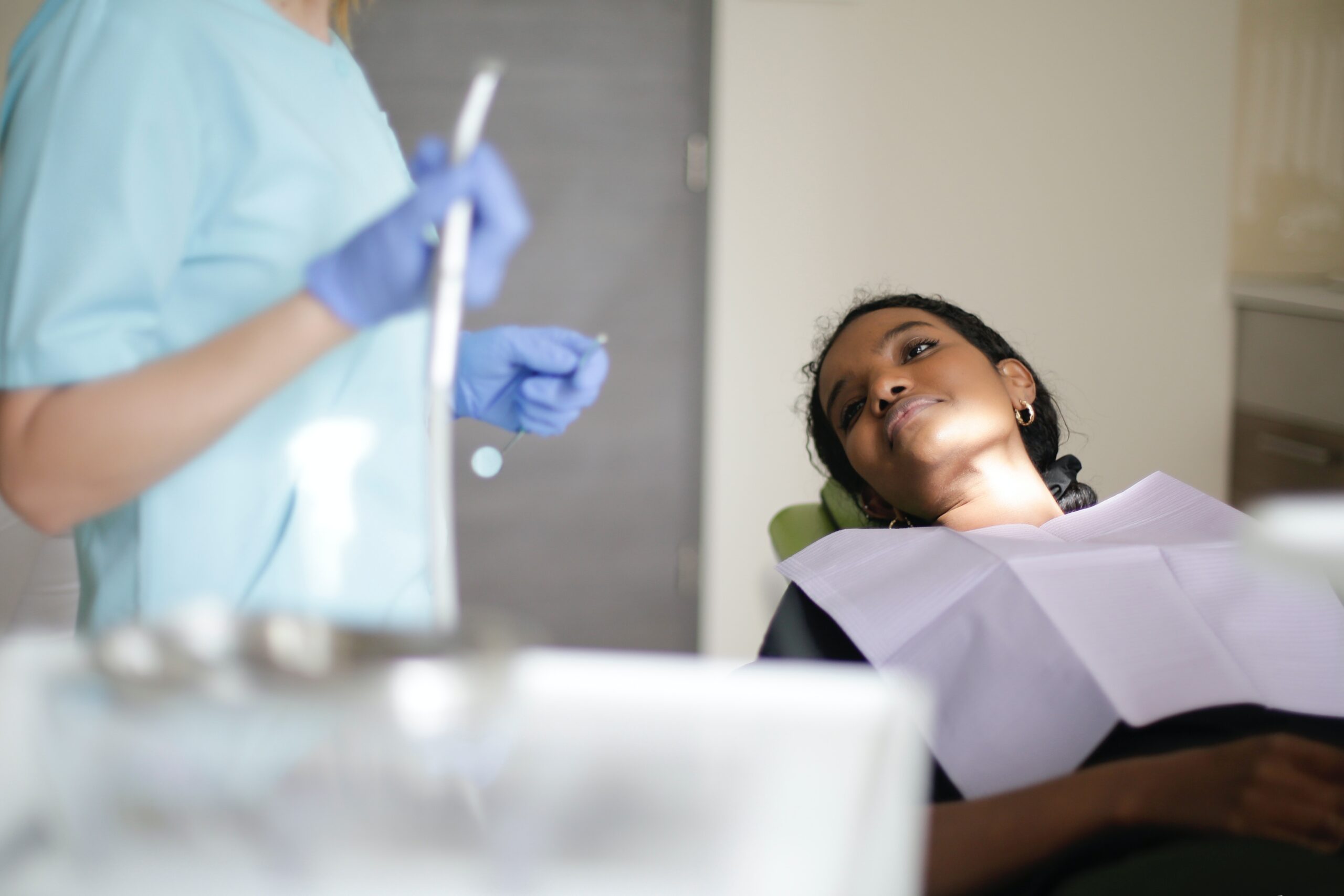Ensuring the health of your reproductive system is an absolute must. Because of this, it is strongly recommended that women regularly meet with a gynecologist beginning around age 21, or when they first become sexually active. So You have to Visit Your Gynecologist.
But how often do you really need to consult a gynecologist in Montreal regarding your health needs? do you have to go to a gynecologist? The following guidelines are key to maintaining a healthy lifestyle and are especially essential for those planning to have children.
How Often Should You Visit Your Gynecologist?

Routine Visits
Generally speaking, most adult women should see their gynecologist on a yearly basis.
Though tests such as pap smears do not need to be performed each year, this still gives you the chance to discuss any changes to your health and receive personalized advice to ensure you stay healthy.
This is especially true when planning to become pregnant. Your gynecologist serves as an essential source of reliable information that will help you enjoy a healthy pregnancy.
The tests and examinations that take place during these routine visits are often how serious medical conditions are first detected.
By making these visits a priority, you could receive much-needed medical treatment that stops a problem before it gets out of hand. The longer such issues go undetected, the harder they will be to treat.
Immediate Concerns
While routine annual visits are often enough for women to maintain their reproductive health, there are certain issues that warrant immediate attention.
If you experience a change to your period, you could be pregnant — or another medical condition may be present. Seeking the input of your gynecologist as soon as possible will ensure you get the information you need.
Other health issues that warrant a visit to the gynecologist include irregular bleeding and discomfort or pain in the reproductive regions.
A wide variety of conditions could be related to these symptoms, including fibroids, cervical injury, or a urinary tract infection.
Needless to say, if you’ve experienced these alarming symptoms or other issues that have you worried about your reproductive health, you shouldn’t wait for your annual checkup.
Finally
However, Scheduling an appointment as soon as possible will ensure you get the necessary treatment for your condition.
Just like you should get a yearly physical and consult with your general practitioner for standard health concerns, so too should you prioritize caring for your reproductive system.
By following appropriate guidelines, you can stop health issues before they become serious and stay in good health.

